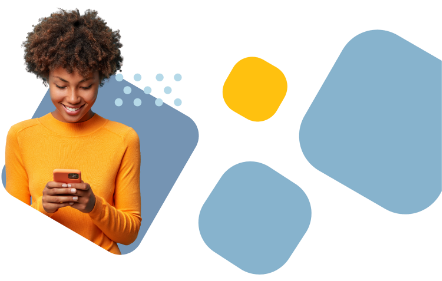We’ve all heard the saying, “It takes a village to raise a child.” Likewise, it takes a village – or at least multiple departments – to run a business. All your departments are important, but human resource management, or HRM, stands out for its direct impact on your most important asset – your team!
What Is Human Resource Management?
Human resource management is precisely what the name implies – management of your human resources. The human resources department takes care of a variety of day-to-day and ongoing functions related to employees, including hiring, orientation, training, career development, and retention. Human resource management, like all aspects of business, is continuing to evolve to keep up with employee needs and technology advancements.
Why Is HRM Important?
Human resource management fulfills several important roles within your organization and whether you have a single human resources manager or an entire department, your business wouldn’t run as smoothly without them. Here are just a few ways HRM impacts your organization.
Strategy hiring and onboarding: Your human resource department is responsible for your staffing. It is their responsibility to be knowledgeable about what roles to fill, which roles are higher priority, and how to best utilize assets for recruitment and hiring.
Company culture: Human resource management has a big impact on the culture of your organization through the people they hire, the values they emphasize, and policies they enforce. They will help set the tone for your entire business.
Conflict management: In many cases, human resources is the first place employees will go when they have an issue with a supervisor or coworker. Human resources is meant to be the objective intermediary and a safe place for any issues employees may experience. Effective HRM includes proactive conflict management that inspires productive change.
Resource for employees and managers: While the human resources department is your organization’s resource for employees, they are also the employees’ resource for information about the organization. When employees have questions about their benefits, company policies, or any other related topic, the human resources department is where they will go. HRM should also be facilitating the feedback loop within your organization – taking the requests and feedback from employees and using it to improve policies and processes.
The Main Functions of HRM
HRM is critical to a company’s growth. In addition to employee relations, your human resources department performs several important long-term business functions.
Talent management: Your human resources management team is the frontline for talent management. It is their responsibility to find candidates that not only fill the open positions within your organization, but who can help support your business goals and achieve success.
Training and development: The job of developing training for employees often falls on the human resources department. Principles of training in HRM include creating learning paths, building blended learning curriculums, supervising the implementation of training programs, and effectively administering an online learning management system. They track compliance training and recertifications to ensure everyone has the training they need.
Data and analytics: An important function of human resources management is tracking information related to your workforce – from employee retention, to the return on investment (ROI) for your recruitment programs, to the success of your training process, and everything in between.
Human Resource Management Meets Learning Management
The right learning management system will provide support for many of the functions of HRM. In addition to providing training, your LMS can track and report on the progress of each employee. You can also set up automated scheduling to assign compliance training to make sure your employees are always certified when they need to be.
Explore Custom Learning Paths with trainingGrid®
trainingGrid® is an LMS developed with you and your employees in mind. Its intuitive design makes learning management simple and allows employees to begin training with just a click. This flexible system comes with a variety of robust features customizable to fit your needs in addition to built-in reporting and certification tools that track your compliance documentation.





